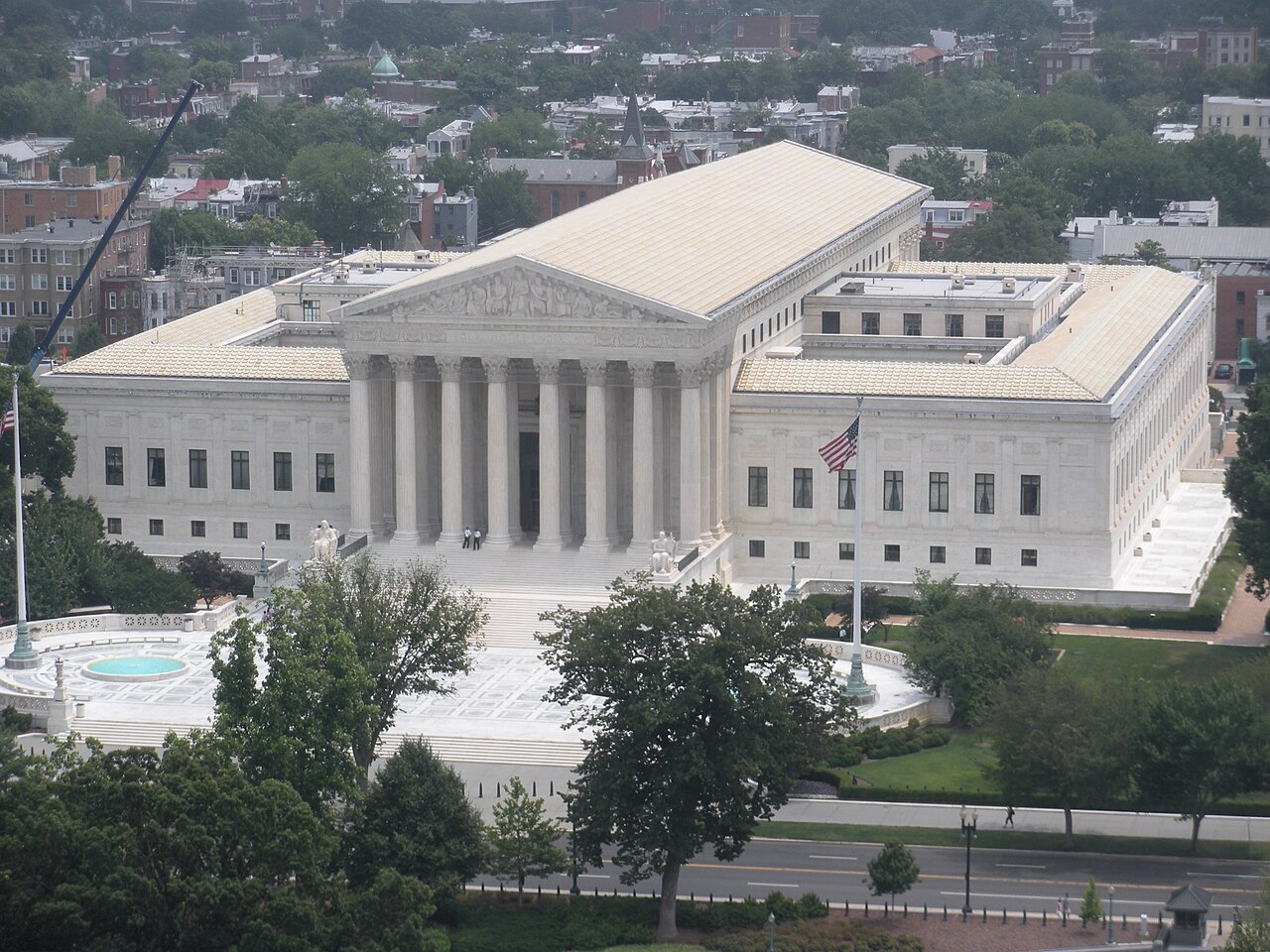Trump’s $4.9 billion ‘pocket’ rescission play heightens shutdown drama in Congress
The article discusses President Donald Trump’s decision to rescind $4.9 billion in foreign aid using a rarely employed and legally untested maneuver known as a “pocket” rescission. This approach allows the president to withdraw funds without congressional approval under specific circumstances and has not been used since 1977. The White House justifies the move by targeting what it calls wasteful foreign assistance programs that allegedly do not align with U.S. interests.
This action has intensified the ongoing, partisan government funding conflict ahead of the September 30 fiscal year deadline, increasing the risk of a government shutdown. The move has drawn criticism from both Democrats and some Republicans, including Senate Appropriations Chair Susan Collins, who called it a violation of the law, emphasizing Congress’s constitutional power of the purse.
Democratic leaders like Chuck Schumer warn that this unilateral action undermines bipartisanship and could lead to withheld votes necessary to fund the government. Despite the backlash, the White House plans to proceed and hopes to appeal to deficit-conscious conservatives by promoting deep spending cuts.
The management dose not intend to issue additional rescission requests before the fiscal year’s end and is preparing for the possibility that Congress will need to pass another continuing resolution to keep the government funded while budget negotiations continue.
Trump’s $4.9 billion ‘pocket’ rescission play heightens shutdown drama in Congress
President Donald Trump is rescinding $4.9 billion in foreign aid, a move that further complicates a protracted and partisan government funding fight ahead of a Sept. 30 shutdown deadline set to engulf Congress when it returns next week from summer recess.
The White House budget office notified Congress of its intent to use a so-called “pocket” rescission, a legally untested maneuver that allows presidents, in certain cases, to withdraw appropriated funds without the approval of lawmakers, but that has not been used since 1977 by President Jimmy Carter’s administration.
The White House previously paused the spending, but it was held up in litigation brought by the Global Health Council until Thursday, when the District of Columbia Circuit Court of Appeals lifted an injunction.
The move created seismic waves and bipartisan anguish on Capitol Hill, with Democrats resurfacing warnings that the prospect of reaching a bipartisan funding deal to avoid an Oct. 1 government shutdown would be further jeopardized.
Senate Appropriations Committee Chairwoman Susan Collins (R-ME), a frequent centrist critic of the administration who is up for reelection, accused the White House of engaging in a “clear violation of the law.” The “pocket” rescission flouts Congress because it is so close to the end of the fiscal year that concludes Sept. 30 that it will take effect without the approval of lawmakers, who must do so for normal rescissions within 45 days, as they did earlier this year.
The Government Accountability Office “has concluded that this type of rescission is unlawful and not permitted by the Impoundment Control Act,” Collins said in a statement. “Article I of the Constitution makes clear that Congress has the responsibility for the power of the purse. Any effort to rescind appropriated funds without congressional approval is a clear violation of the law.”
Rather than an “attempt to undermine the law,” Collins continued, the administration should propose ways to “reduce excessive spending” through the ongoing annual appropriations process of crafting a yearlong budget.
The administration’s legal justification for the clawback, which includes $3.2 billion for the U.S. Agency for International Development and $1.7 billion for State Department programs, is that the money was for “wasteful foreign assistance programs” and international groups that “do not support major U.S. policies or priorities or have been operating contrary to American interests for many years.”
Democrats poured similar criticism on the decision by Trump, who has repeatedly sought to slash spending previously passed by Congress that it deemed wasteful or unaligned with the president’s agenda. Democratic leaders warned that it raised the likelihood that their members could withhold crucial votes that will be needed to fund the government beyond Sept. 30.
Senate Minority Leader Chuck Schumer (D-NY) said Trump and congressional Republicans were “hellbent on rejecting bipartisanship and ‘going it alone’ this fall.” He and House Minority Leader Hakeem Jeffries (D-NY) said they continue to seek a meeting with Speaker Mike Johnson (R-LA) and Senate Majority Leader John Thune (R-SD).
“If Republicans are insistent on going it alone, Democrats won’t be party to their destruction,” Schumer said in a statement.
The White House is prepared to forge ahead and call Schumer’s bluff, as Republicans did earlier this year when the Democratic leader faced internal revolt for siding with the GOP to advance a stopgap measure that left spending levels unchanged. Congress is likely to need another so-called continuing resolution next month as appropriators work on a yearlong budget.
“I understand the argument from Democrats, but it’s very hard for me to believe that they’re going to oppose a clean CR that would cause them to be responsible for a government shutdown,” a White House official told reporters.
SENATE PASSES TRUMP’S DOGE CUTS AFTER MARATHON VOTING SESSION
The White House does not plan to submit any additional rescission requests in the remaining month of the current fiscal year, according to the official. The administration also offered a pitch to deficit-hawk conservatives, who typically oppose CRs, to advocate deep spending cuts.
“You’re voting for a continuing resolution that allows the work that the administration is doing to go lower through rescissions,” the official said.
David Sivak and Naomi Lim contributed to this report.
" Conservative News Daily does not always share or support the views and opinions expressed here; they are just those of the writer."

